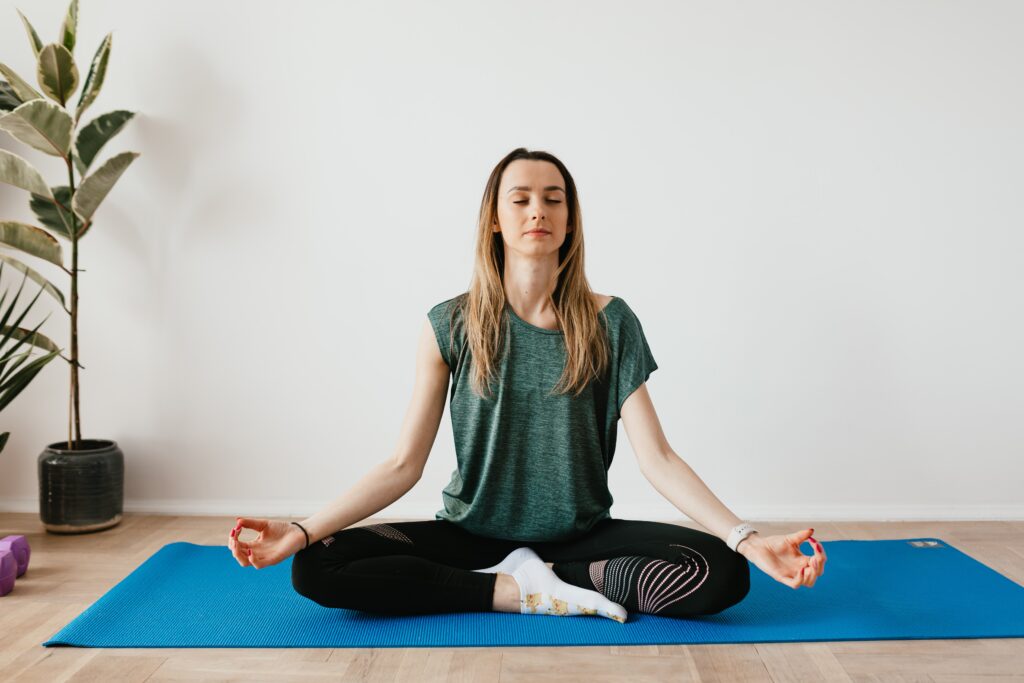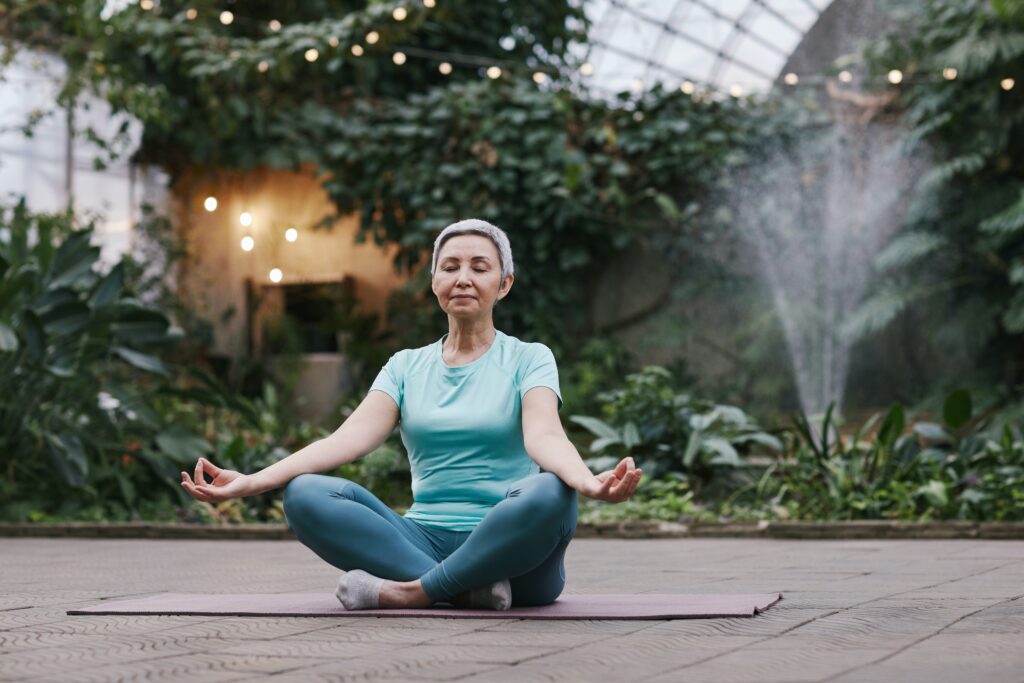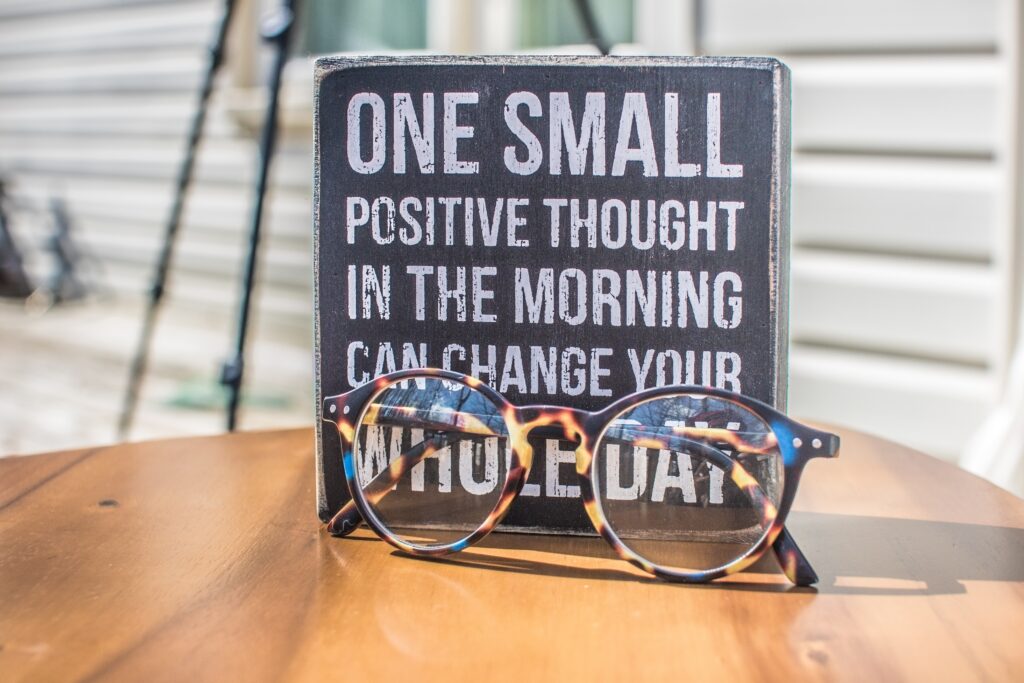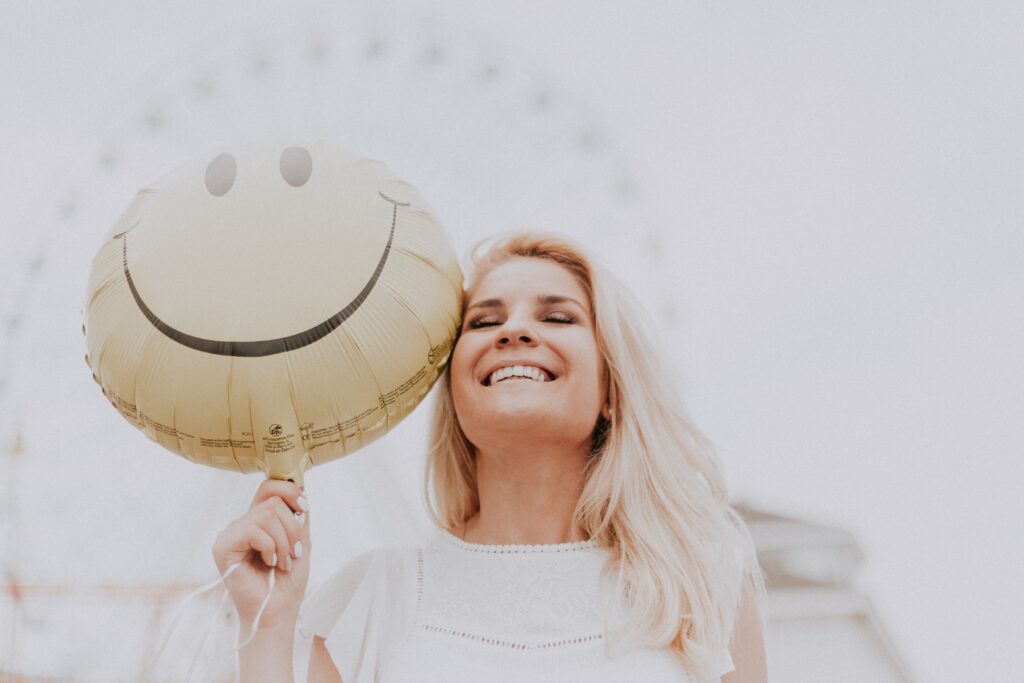Hello there, health-conscious people! Our mental health needs to be taken care of just as much as our physical health in our fast-paced society. Here is where mindfulness comes into play! Today, we’re investigating the amazing practice of mindfulness and seeing how it may improve our lives in terms of balance, tranquility, and happiness.
What Exactly Is This Mindfulness Thing?
Let’s begin with the fundamentals. Being present at the moment is the foundation of mindfulness. Giving your mind a break from the concerns of the past and the uncertainty of the future is a good analogy. Instead, your attention is directed toward the present moment. Whether you’re doing the dishes, enjoying your morning cup of coffee, or strolling around the park, mindfulness enables you to completely appreciate every moment.

The Popularization of Mindfulness: A Global Trend
The widespread appeal of mindfulness is what’s so fascinating about it. Mindfulness techniques are being included everywhere, from the boardrooms of corporations to the classrooms of educational institutions. People are becoming more aware of the benefits of pausing, breathing, and centering themselves to increase their focus, creativity, and productivity. What a holistic approach to success—even athletes are employing mindfulness practices to increase their performance!
The Mind-Body Connection and Mindfulness

Did you realize that our ideas can have an impact on how we feel physically? It is real! Our bodies can suffer the effects of stress, worry, and other unfavorable emotions. But this is where the superpower of mindfulness comes into play. We can have a better mind and body by engaging in mindfulness practices that help us cope with stress and anxiety. The power of mindfulness can make you feel lighter, more energized, and prepared to take on the world.
The Art of Meditation: Breathe In, Breathe Out
For your mind, meditation is like a day at the spa. Finding a comfortable spot, closing your eyes, and paying attention to your breath are all essential components of mindfulness. Your mind begins to quiet down as you take in and exhale breaths. You might experience worries and concerns, but that’s okay. Gently return your attention to your breathing. Meditation can make you feel more composed, in control, and less overwhelmed by the ups and downs of life with frequent practice.
Positive Thinking and Gratitude

Shifting our viewpoint is another aspect of being mindful, in addition to being present-oriented. Consider putting more emphasis on what is going right rather than constantly focusing on the negative. Your view on life can change thanks to the potent instrument of gratitude. Take time each day to be grateful for the little things, such as a warm cup of tea, a friend’s smile, or a stunning sunset. Your mood will improve and your life will become more optimistic as a result of this little practice.
Savour Each Bite When Eating Mindfully

And eating habits can be attentive, too! We frequently eat quickly because of our hectic lives and don’t fully appreciate or taste our meals. To slow down and enjoy each meal, mindful eating is encouraged. The scents, tastes, and textures should all be noted. Remain focused on your meal by putting away distractions like phones and TVs. In addition to enhancing your enjoyment of your food, doing this gives your brain time to detect fullness, which helps you avoid overeating.
It’s not necessary to make a significant shift to your routine to incorporate mindfulness. You can build it up gradually by beginning small. Here are some quick ideas for incorporating mindfulness throughout your day:
Start your day with a few minutes of deep breathing or a little meditation to practice morning mindfulness. It’s similar to setting an upbeat mood for the hours to come.
Take brief breaks during the day to check in with yourself. Take a few deep breaths, pay attention to your surroundings, and release any tension.
Set aside a specific time each day to switch off your screens for a “tech timeout.” Get some fresh air, read a book, or engage in some creative activity during this period.
Keep a gratitude diary where you can record the things you are thankful for each day. By engaging in this straightforward practice, you can shift your attention from what you lack to what you do have.
Finding Peace in Chaos with Mindfulness for Stress Management
Let’s face it, life may be very busy. This is where mindfulness can act as a calming force during a storm. According to studies, mindfulness greatly lowers stress levels. By keeping your attention in the here and now, you’re preventing your mind from obsessing over the past or the future. This may result in lower levels of stress chemicals and more serenity.
The Relationship between Mindfulness and Emotional Intelligence
Understanding and controlling your own emotions as well as those of others are key components of emotional intelligence. And what’s this? Your emotional IQ can be significantly increased by practicing mindfulness. You become more aware of your feelings and thoughts when you practice mindfulness. You can react to events more thoughtfully and less reflexively when you have self-awareness. It’s like possessing a superpower that enables you to handle relationships and difficulties with understanding and grace.
Unleashing Your Inner Genius through Mindfulness and Creativity

Ever been out for a stroll or relaxing in a hammock when a “eureka” moment struck? That is mindfulness at work in all its magic! Your brain reaches a state that is favorable to creativity when you are calm and in the moment. Your brain may have been obstructed by stress or overthinking; mindfulness unblocks those connections. So, developing a mindfulness practice could be the answer to your prayers if you want to increase your creative output.
The Ripple Effect of Mindfulness Practice on Relationships
It’s not only about practicing mindfulness by yourself; it may also change how you interact with others. In interactions, you are listening and understanding when you are fully there. This fosters more meaningful conversations and deeper bonds. Think about how your relationships would improve if you applied the gift of mindfulness to your interactions with friends, family, and coworkers. Positive and understanding-fostering ripples are created.
Briefly stated
In terms of your mental health, mindfulness is more than simply a trendy buzzword. You can lead a more contented and cheerful life by living in the moment, engaging in meditation, embracing thankfulness, and savoring life’s little pleasures. So why not give it a shot? Both your body and mind will appreciate it. Here’s to living a conscious and joyful life!
Thank you for joining me on this exploration of mindfulness and its incredible impact on our lives. Remember, every step you take towards mindfulness is a step towards a more harmonious and fulfilling existence. Here’s to your journey of self-discovery, well-being, and a brighter tomorrow. Stay mindful, and stay well! 🌈]






